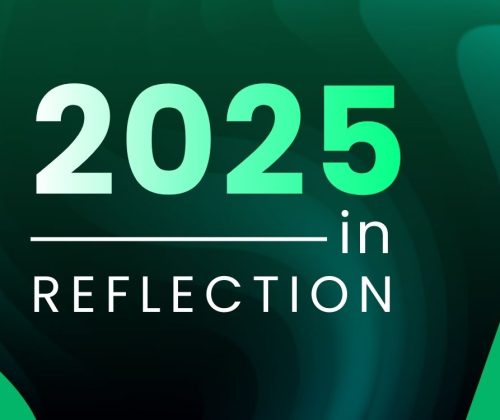Indonesia has recently announced that it will be revoking visa-free entry for all countries except for those belonging to the Association of Southeast Asian Nations (ASEAN) comprising Brunei, the Philippines, Cambodia, Laos, Malaysia, Myanmar, Singapore, Thailand, and Vietnam, and Timor Leste. This means that citizens of 159 countries and territories who were previously eligible for visa-free entry will now have to apply for a visa before traveling to Indonesia.
 The decision to halt visa-free entries was issued by the Ministry of Law and Human Rights and is now in effect. According to the ministry, the suspension aims to mitigate potential risks associated with individuals entering the country without proper scrutiny and documentation.
The decision to halt visa-free entries was issued by the Ministry of Law and Human Rights and is now in effect. According to the ministry, the suspension aims to mitigate potential risks associated with individuals entering the country without proper scrutiny and documentation.
Intra-ASEAN travel, however, continues to remain visa-free. Visitors from any ASEAN country can stay in Indonesia for up to 30 days with a confirmed return ticket. To extend their stay, these visitors can choose from the types of immigration visas that Indonesia offers, such as e-VOA (Electronic Visa on Arrival), Visit Visa, or Limited Stay Visa.
The reason behind this suspension is to address concerns about public order disruptions and the potential transmission of diseases from countries that aren’t certified as disease-free by the World Health Organization (WHO). Thus, the number of policy recipients has been reset to accommodate the same.
This change in policy is likely to have an impact on tourism in Indonesia. It remains to be seen how travelers from non-ASEAN countries will respond to the new visa requirements.
Indonesia is a popular tourist destination known for its beautiful beaches, rich culture, and diverse wildlife. The country has been working hard to promote tourism and attract visitors from around the world. The decision to revoke visa-free entry for non-ASEAN countries may be seen as a step back in this regard.
However, it is important to note that this decision was made with the safety and security of both visitors and residents in mind. The Indonesian government has a responsibility to ensure that individuals entering the country are properly vetted and pose no threat to public order or health.
It is also worth mentioning that this suspension is not permanent. It is possible that visa-free entry will be reinstated for non-ASEAN countries once concerns about public order and disease transmission have been addressed.
In conclusion, Indonesia’s decision to revoke visa-free entry for non-ASEAN countries may have an impact on tourism in the short term. However, it is a necessary measure taken with the safety and security of both visitors and residents in mind.



